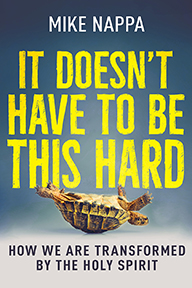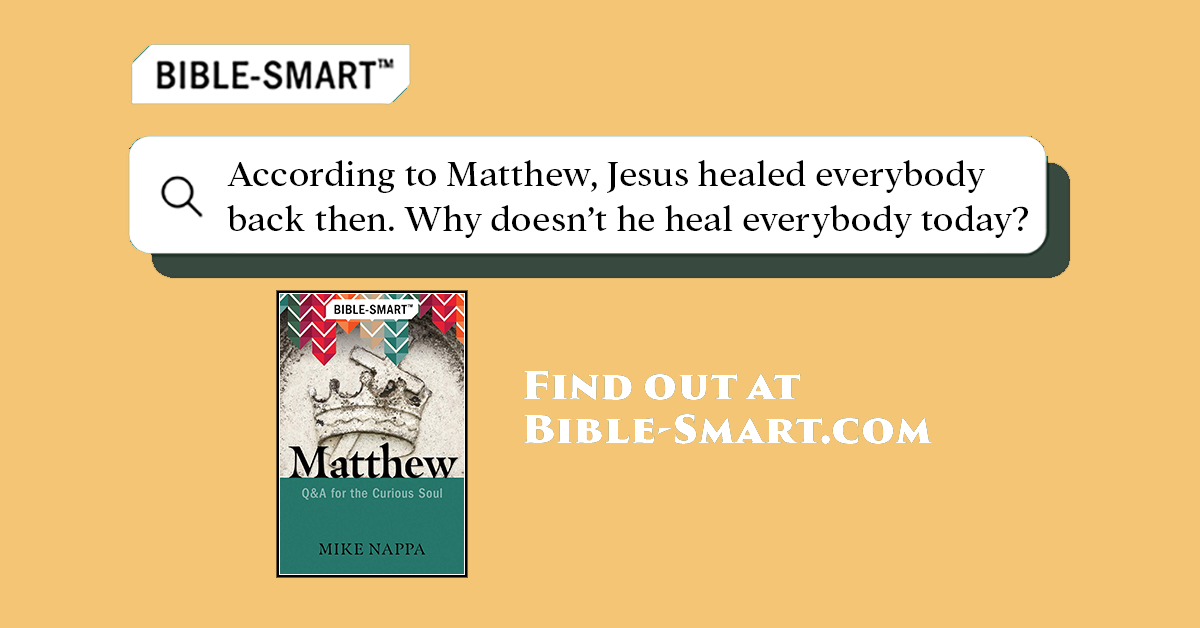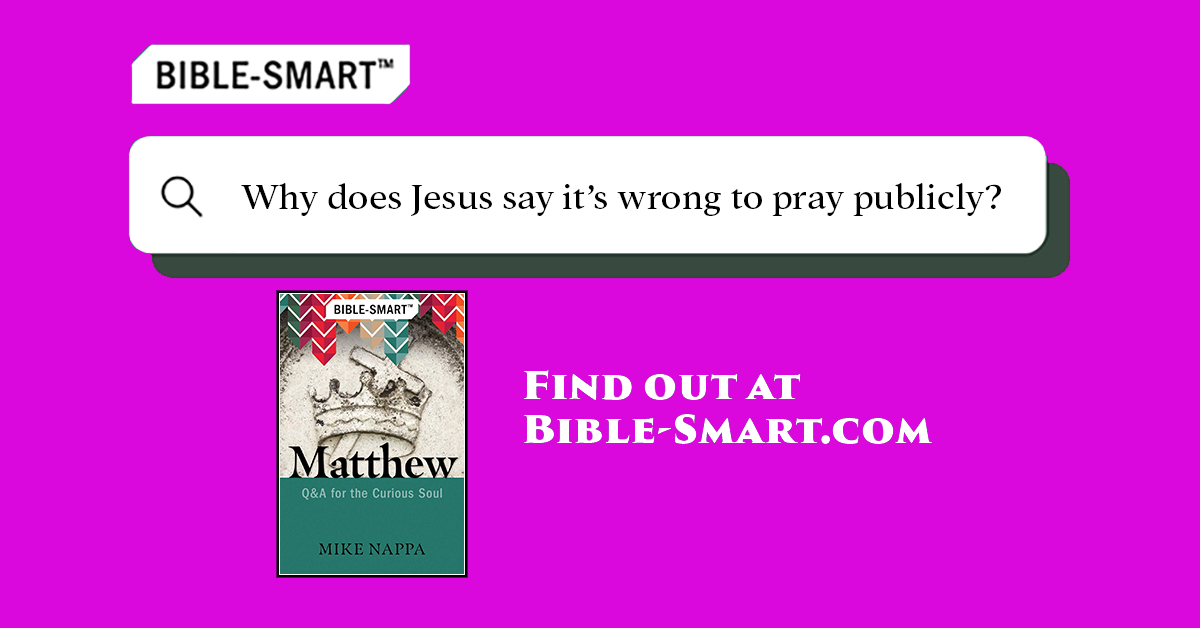A Marketing Team reason for rejection
In this context I’m using the word “market” synonymously with the word “promote.” Yes, I know that in business school they teach you the supposed “Four Ps of Marketing” (“product, price, place, and promotion”), but for your purposes the primary marketing concern is that last “P”—promotion. So let’s ignore those other Ps and focus on what’s important.
If you want to publish a book, you have to help my Marketing VP succeed in her job of promoting that book. If you don’t know what that means, or if you have an overly simplistic/inaccurate view of what it takes to market a book, then you’ve already set yourself up for failure.
I have a friend who partnered with another friend to create and self-publish a very worthwhile media product. During the time when they were creating that product, they spoke enthusiastically about how they’d set a goal of selling 50,000 copies soon after publication. I was impressed, so I asked them, “How will you market this product?”
“Well, we’re going to have a website,” one said.
I nodded, waiting.
Finally they said, “And we’ll figure out the rest when the time comes.”
That was it. That was their marketing plan. That was how they intended to spread the word to hundreds of thousands of potential buyers. Put up a website. And figure out the rest later. Needless to say, they fell about 49,950 units short of their goal.
Unfortunately, too many authors think that marketing a book is something for someone else (i.e., the publisher) to worry about. And honestly, it should be—an author ought to just write, right? But in today’s publishing climate, that’s not the way it works.
When your book comes up for review at publishing board, my marketing VP is going to want to know that you’ll be a real partner in the promotional efforts—not simply dead weight. To my VP, if you have no idea what it takes to market your own book, then you don’t deserve to be published.
What You Can Do About It
1. Study the basics of book promotion. Duh.
OK, we all know about the “big” promotional vehicles: TV commercials, radio spots, infomercials, magazine ads, newspapers, movies, product placement, and so on. Truth is, your book will get none of that.
In reality, your book will probably get:
• A spot in the corporate catalog
• A sell-sheet that’s shown to bookstore buyers
• A press release (maybe)
• Advance Reader Copies (ARCs) sent to basic media outlets prior to publication (maybe)
• A certain number of “Influencer Copies”—that is, a certain number of books that you can direct the publisher to mail for free to people you know who are considered “influential”
That’s about it—but honestly, a book can succeed with that as the starting point. So your job is to understand what goes into creating those things and then providing that material in your proposal.
A helpful resource for you in that effort is Publicize Your Book! by Jacqueline Deval, so be sure to check that out.
2. Learn to speak in terms of benefits.
As an advertising copywriter myself, this is always what makes the difference between me getting paid quickly or me having to do a rewrite. You see, Marketing VPs got to where they are by being able to tell readers, in clear, compelling language, exactly why they’ll benefit from buying certain books. That’s what it means to “market” a product. So if you want to appeal to a marketer, you’ll need to learn how to speak about your book in terms of its benefits.
We’ll talk about this in more detail in Reason #34, but for now try this: When your manuscript is done, take a good hard look at it and ask, “What specific benefits does this book give a reader?” Make a list, and make it clear and compelling. Then speak in those terms as much as possible when you’re writing up your proposal package.
Make your benefits obvious and you’ll get a Marketing VP’s attention…but in a good way.
3. Create key marketing phrases to go with your book.
Think about things like:
• What’s the one-sentence “hook” that’ll make people curious enough to read your book?
• What are the “felt needs” a reader has that’ll prompt him or her to be attracted to your book?
• What are the unique features of your book—and why are they important to your reader?
• What’s an attention-grabbing headline that could be used on the back cover of your book?
Then craft one-sentence, sound-bite style phrases that can be used for each of those questions above. Gauge them for impact, clarity, conciseness, and emotion. Then, when you’ve got something you think could be plugged right into use for the promotion of your book, add a section to your proposal that showcases them for the Marketing VP.
Looking for more? Check out these links:
















